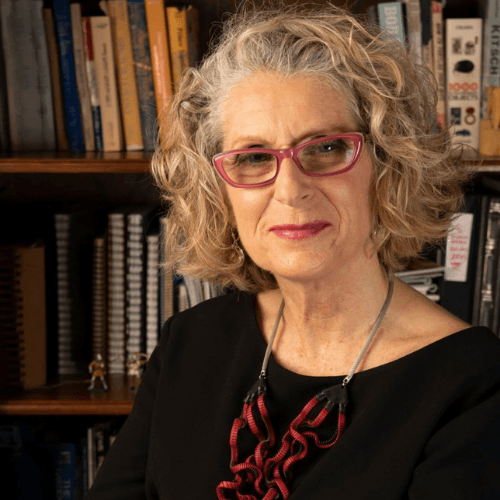Involving your board members in fundraising, part one
Sometimes it’s a struggle to get the board to carry out its fundraising role. Often it’s even harder to get individual members to participate; even if they understand their roles, they don’t want to do ‘that fundraising stuff’.
- Written by
- Simone Joyaux
- Added
- March 22, 2014
Where do you start? First, let’s examine a few basic questions. Get your head straight about these and then it’s easier to move forward. For example:
Why do you want board members involved? Do you really want them involved? If you had enough money to hire lots of development staff would you forgo board member involvement? I wouldn’t. Philanthropy is defined as voluntary action for the common good – so I want volunteers involved.
How does shared understanding and ownership add value? I want my board members to understand the role that philanthropy and fundraising play in the organisation. I want board members to recognise the legal and moral accountability of the board itself. I expect individual board members to care enough to overcome their own discomfort and convenience, and then help.
Do you hope to make this work fun for your board members? I don’t. My goal is to make it ‘a bit easier’, or at least ‘less worse’. All I want is for them to help nurture relationships and help with the organisation’s fundraising. The executive director and development director should help board members do this work – it’s part of their job. So now what to do?
Some practical ideas that I’ve used to great success.
- Explain roles, then strengthen the recruitment and appraisal process.
a. You need a written job description for the board, adopted as a policy and enforced. This job description outlines the scope of authority and functions of corporate governance. Of course, part of the description talks about the board’s role in fundraising (see here for the role of the board).
b. You need written performance expectations for a individual board members – and the same expectations for all board members. Part of this policy delineates specific expectations in relationship building and fund development.
c. Use the two documents mentioned above when screening candidates for board membership. Secure commitment prior to nomination. See the overview of screening and recruitment on the right. - Conduct an assessment of your development operation. Borrow a development audit from a colleague. Visit the AFP Resource Center and ask them for samples. See the old development audit in my book Strategic Fund Development: Building Profitable Relationships That Last.
a. Engage your fund development committee in this evaluation process. Present the results to the full board and engage the board in a conversation about plans for improvement. - Create your organisation’s story together.
a. Through a series of board discussions, collect stories about why they care and why they give. Define priorities for funding with the board.
b. Yes, the staff (or a professional writer) actually drafts the copy. But, engaging the board in defining why your organisation matters, and which stories resonate, is a great involvement tool. - Provide orientation and training opportunities. Of course!
- Host a complaint and whine session. This is one of my favourites!
a. Ask board members to share all that they dislike about fundraising at a board meeting or retreat. Ask them to share all their negative experiences and everything that makes them uncomfortable.
b. Guess what, a lot of this they should dislike. Too much that’s done in fundraising is actually not good practice, is often quick fix, transactional and disrespectful. Validate their concerns. Confirm that you won’t do the bad stuff. And then explain why some of what they don’t like is good to do and how you’ll help them do it.
c. Complaining and whining is fun, useful and helps you learn.
Coming up: it’s a board member’s duty to make a financial contribution. But there is more to their role than that


















